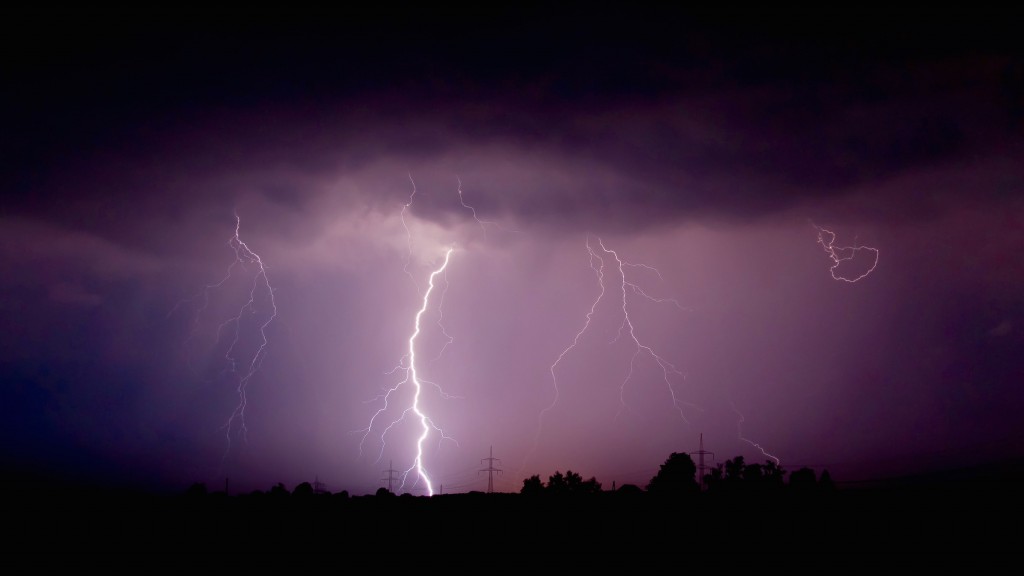When Lightning Strikes Indoor Pools

Swimming World is producing the live webcast of the 2016 CeraVe Invitational on the campus of Rutgers University. Click here to watch the live stream, view video interviews and watch races on demand!
Commentary by Woohee Han, Swimming World Intern 2016 CeraVe Invitational
On the final day of the 2016 Cera Ve Invitational, the meet was delayed due to an unlikely natural phenomenon: lightning. Although the meet was originally supposed to begin at 8:15A.M., the officials were told that they had to postpone the meet to 8:40A.M.
But why?
To any rational person with a background in elementary earth science, it would not make sense for an indoor swim meet to be canceled just because Zeus is throwing a hissy fit. Thanks to our good buddy Ben Franklin and his invention of the lightning rod, most buildings today are grounded, or immune from the voltage between the sky and the ground. However, it seems that we should have paid a little more attention in our middle school science classes because, at least in this one instance, it turns out that middle school may have actually taught us something.
Believe it or not, there actually is a very rational and scientific reason for delaying indoor swim meets if there is lightning nearby. The Rutgers facility is grounded, sure, but the nearby grounds are not. According to a general lifeguarding law set forth by the United States Lifesaving Association, lightning most frequently strikes within a 10-mile radius, but because lightning is so random and unpredictable, it can also strike within a 20-mile radius. Therefore, as explained by the National Lightning Safety Institute, if lightning strikes the ground nearby, the electricity is conducted through the soil and can hit water pipes, electric lines, and other conductors of electricity that leads directly to the pool. If lightning makes contact anywhere on these metallic surfaces, electric shocks are induced everywhere.
Based on these national regulations, all events must wait 30 minutes after a lightning strike to resume. Today at the CeraVe Invitational lightning started to strike at about 7:05 a.m, but since the 30 minutes must be reset after every lightning strike, the meet could not resume until the last lightning struck at 8:10 a.m.
However, the young swimmers were not discouraged. Although the meet did not go as planned, they still began swimming with the same vigor and intensity. It seems like it’s going to take a lot more than science to stop these swimmers from doing what they do.
Your move, Zeus.





Actually we got in the pool for warmup at 7:45 so the last lightning was before 7:15.